[Anchor]
For the first time since the launch of the Lee Jae Myung government, high-level trade negotiations between South Korea and the United States have taken place.
With less than ten days remaining until the deferment deadline for the reciprocal tariffs announced by the U.S., the American side has brought specific demands, such as easing restrictions on beef imports, to the negotiation table.
Kim Kyung-soo reports from Washington.
[Report]
In the first high-level talks with the U.S. after the launch of the Lee Jae Myung government, our government expressed its willingness to create solutions that benefit both countries.
[Lee Han Gu/Head of Trade Negotiation Bureau, Ministry of Trade, Industry and Energy: "This round of talks is not only about tariffs but also an opportunity to actively emphasize the establishment of a new framework for strategic cooperation between South Korea and the U.S. through a manufacturing renaissance partnership."]
It is reported that the U.S. has responded positively to our proposal to develop cooperation in areas where South Korea has competitive advantages, such as shipbuilding and nuclear power.
Our government also conveyed that imposing a 25% reciprocal tariff on South Korea, which effectively had no tariffs under the Korea-U.S. FTA, is unfair.
On the other hand, the U.S. has continued to express concerns about South Korea's non-tariff barriers, such as restrictions on imports of beef less than 30 months old, alongside the trade deficit.
Meanwhile, President Trump announced the suspension of trade negotiations, stating that Canada is imposing a digital services tax on U.S. companies.
Ahead of the expiration of the reciprocal tariff deferment on the 8th of next month, he also warned that he would notify countries of the tariff rates as an ultimatum.
[Donald Trump/President of the United States: "So, at a certain point over the next week and a half or so, or maybe before, we're gonna send out a letter..."]
In contrast, U.S. negotiators have indicated that the deadline for tariff deferment for several countries will be extended to September.
Trump's pressure is ultimately interpreted as a negotiating card to elicit better offers.
This is Kim Kyung-soo from KBS News in Washington.
For the first time since the launch of the Lee Jae Myung government, high-level trade negotiations between South Korea and the United States have taken place.
With less than ten days remaining until the deferment deadline for the reciprocal tariffs announced by the U.S., the American side has brought specific demands, such as easing restrictions on beef imports, to the negotiation table.
Kim Kyung-soo reports from Washington.
[Report]
In the first high-level talks with the U.S. after the launch of the Lee Jae Myung government, our government expressed its willingness to create solutions that benefit both countries.
[Lee Han Gu/Head of Trade Negotiation Bureau, Ministry of Trade, Industry and Energy: "This round of talks is not only about tariffs but also an opportunity to actively emphasize the establishment of a new framework for strategic cooperation between South Korea and the U.S. through a manufacturing renaissance partnership."]
It is reported that the U.S. has responded positively to our proposal to develop cooperation in areas where South Korea has competitive advantages, such as shipbuilding and nuclear power.
Our government also conveyed that imposing a 25% reciprocal tariff on South Korea, which effectively had no tariffs under the Korea-U.S. FTA, is unfair.
On the other hand, the U.S. has continued to express concerns about South Korea's non-tariff barriers, such as restrictions on imports of beef less than 30 months old, alongside the trade deficit.
Meanwhile, President Trump announced the suspension of trade negotiations, stating that Canada is imposing a digital services tax on U.S. companies.
Ahead of the expiration of the reciprocal tariff deferment on the 8th of next month, he also warned that he would notify countries of the tariff rates as an ultimatum.
[Donald Trump/President of the United States: "So, at a certain point over the next week and a half or so, or maybe before, we're gonna send out a letter..."]
In contrast, U.S. negotiators have indicated that the deadline for tariff deferment for several countries will be extended to September.
Trump's pressure is ultimately interpreted as a negotiating card to elicit better offers.
This is Kim Kyung-soo from KBS News in Washington.
■ 제보하기
▷ 카카오톡 : 'KBS제보' 검색, 채널 추가
▷ 전화 : 02-781-1234, 4444
▷ 이메일 : kbs1234@kbs.co.kr
▷ 유튜브, 네이버, 카카오에서도 KBS뉴스를 구독해주세요!
- High-level trade talks with U.S.
-
- 입력 2025-06-29 03:18:05
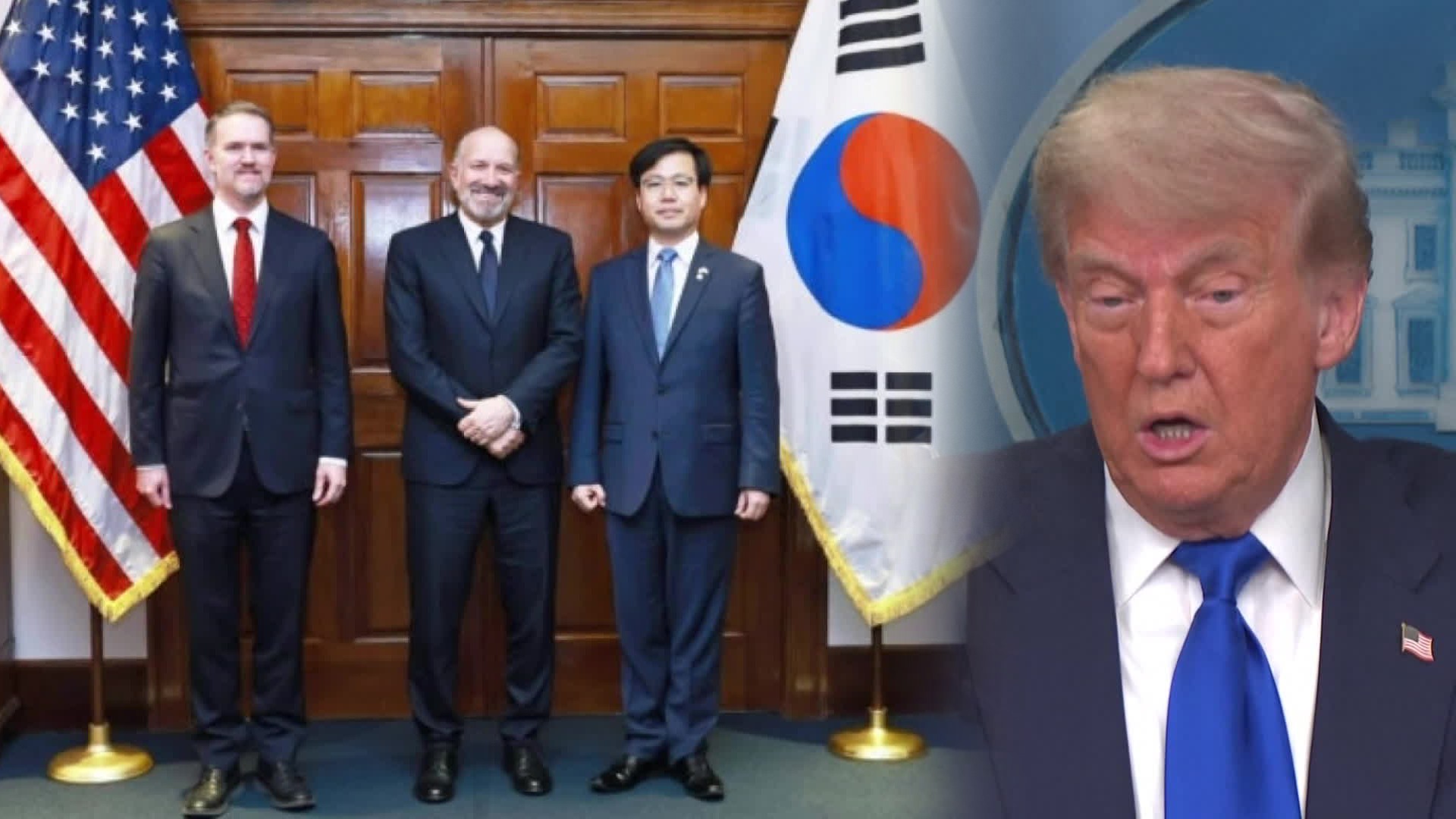
[Anchor]
For the first time since the launch of the Lee Jae Myung government, high-level trade negotiations between South Korea and the United States have taken place.
With less than ten days remaining until the deferment deadline for the reciprocal tariffs announced by the U.S., the American side has brought specific demands, such as easing restrictions on beef imports, to the negotiation table.
Kim Kyung-soo reports from Washington.
[Report]
In the first high-level talks with the U.S. after the launch of the Lee Jae Myung government, our government expressed its willingness to create solutions that benefit both countries.
[Lee Han Gu/Head of Trade Negotiation Bureau, Ministry of Trade, Industry and Energy: "This round of talks is not only about tariffs but also an opportunity to actively emphasize the establishment of a new framework for strategic cooperation between South Korea and the U.S. through a manufacturing renaissance partnership."]
It is reported that the U.S. has responded positively to our proposal to develop cooperation in areas where South Korea has competitive advantages, such as shipbuilding and nuclear power.
Our government also conveyed that imposing a 25% reciprocal tariff on South Korea, which effectively had no tariffs under the Korea-U.S. FTA, is unfair.
On the other hand, the U.S. has continued to express concerns about South Korea's non-tariff barriers, such as restrictions on imports of beef less than 30 months old, alongside the trade deficit.
Meanwhile, President Trump announced the suspension of trade negotiations, stating that Canada is imposing a digital services tax on U.S. companies.
Ahead of the expiration of the reciprocal tariff deferment on the 8th of next month, he also warned that he would notify countries of the tariff rates as an ultimatum.
[Donald Trump/President of the United States: "So, at a certain point over the next week and a half or so, or maybe before, we're gonna send out a letter..."]
In contrast, U.S. negotiators have indicated that the deadline for tariff deferment for several countries will be extended to September.
Trump's pressure is ultimately interpreted as a negotiating card to elicit better offers.
This is Kim Kyung-soo from KBS News in Washington.
For the first time since the launch of the Lee Jae Myung government, high-level trade negotiations between South Korea and the United States have taken place.
With less than ten days remaining until the deferment deadline for the reciprocal tariffs announced by the U.S., the American side has brought specific demands, such as easing restrictions on beef imports, to the negotiation table.
Kim Kyung-soo reports from Washington.
[Report]
In the first high-level talks with the U.S. after the launch of the Lee Jae Myung government, our government expressed its willingness to create solutions that benefit both countries.
[Lee Han Gu/Head of Trade Negotiation Bureau, Ministry of Trade, Industry and Energy: "This round of talks is not only about tariffs but also an opportunity to actively emphasize the establishment of a new framework for strategic cooperation between South Korea and the U.S. through a manufacturing renaissance partnership."]
It is reported that the U.S. has responded positively to our proposal to develop cooperation in areas where South Korea has competitive advantages, such as shipbuilding and nuclear power.
Our government also conveyed that imposing a 25% reciprocal tariff on South Korea, which effectively had no tariffs under the Korea-U.S. FTA, is unfair.
On the other hand, the U.S. has continued to express concerns about South Korea's non-tariff barriers, such as restrictions on imports of beef less than 30 months old, alongside the trade deficit.
Meanwhile, President Trump announced the suspension of trade negotiations, stating that Canada is imposing a digital services tax on U.S. companies.
Ahead of the expiration of the reciprocal tariff deferment on the 8th of next month, he also warned that he would notify countries of the tariff rates as an ultimatum.
[Donald Trump/President of the United States: "So, at a certain point over the next week and a half or so, or maybe before, we're gonna send out a letter..."]
In contrast, U.S. negotiators have indicated that the deadline for tariff deferment for several countries will be extended to September.
Trump's pressure is ultimately interpreted as a negotiating card to elicit better offers.
This is Kim Kyung-soo from KBS News in Washington.
-
-
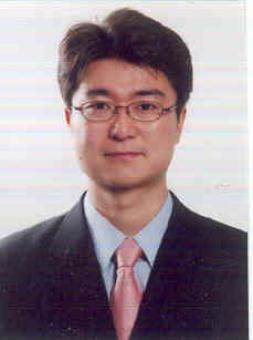
김경수 기자 bada@kbs.co.kr
김경수 기자의 기사 모음
-
이 기사가 좋으셨다면
-
좋아요
0
-
응원해요
0
-
후속 원해요
0










![[속보] 방송 3법, 민주당 주도로 국회 과방위 전체회의 통과](/attach/image/2025/03/23/20250323_8Sjy5d.jpg)
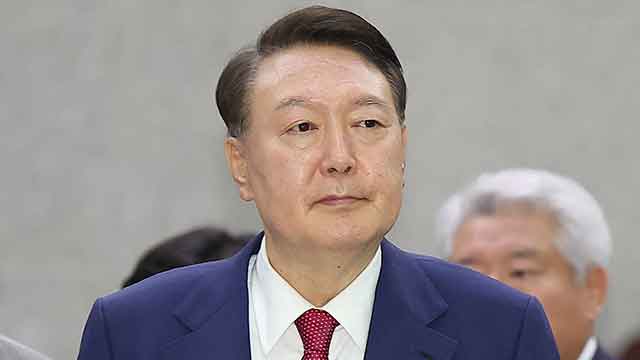
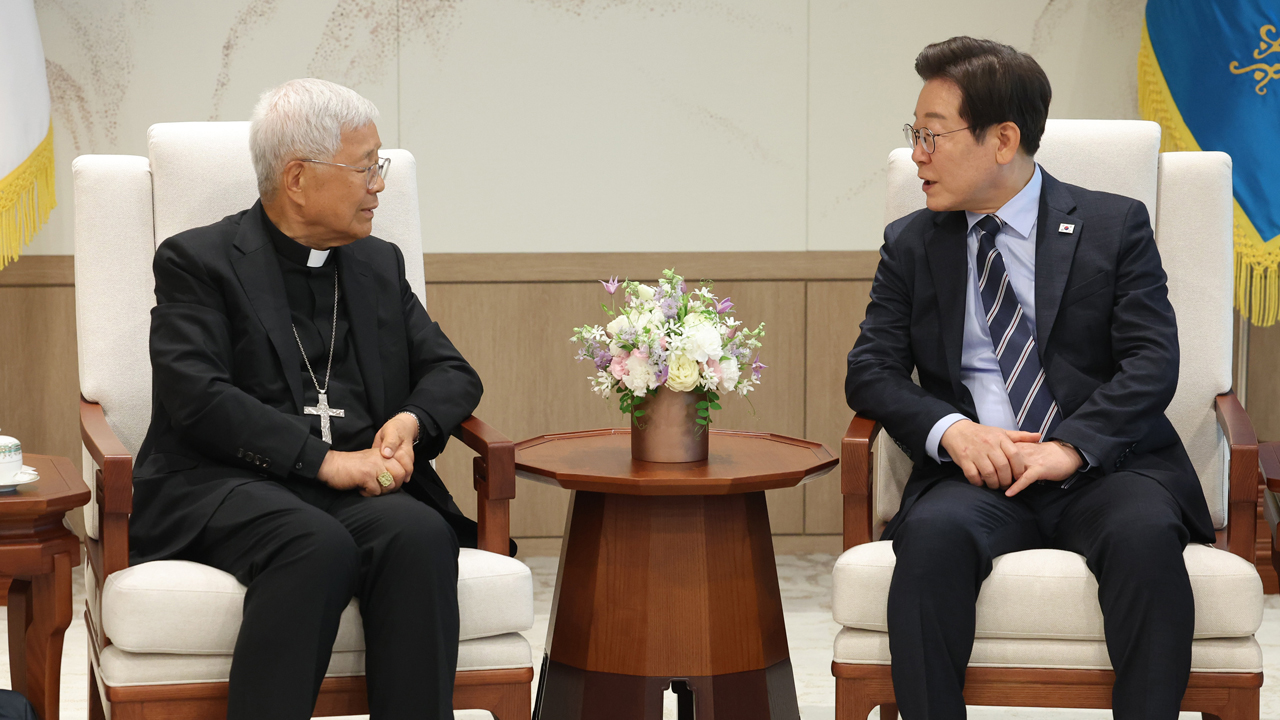
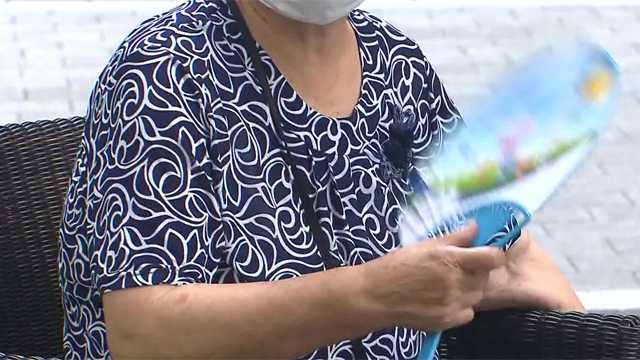

이 기사에 대한 의견을 남겨주세요.